A big help for me is having the refrigerator and pantry locked twenty-four hours a day, seven days a week. Having the pantry and refrigerator locked reduces my anxiety in or around those areas of the house. By implementing the lock-up tip, you will help keep your child healthy and minimize health issues. My own...
Category: Awareness
Siblings and Food
Food restrictions in the home, although necessary for the safety and health of the family member with Prader-Willi Syndrome (PWS), can negatively impact siblings. The constant need to lock food adds intense stress and worry to siblings on several levels. For example, if the sibling forgets to lock access to food, this could result in...
How Can I Work and Manage My Child’s Education? (Part 6 in a Series)
Working parents face more challenges when educating their children at home. Juggling the demands of your job with the needs of your child can be tricky, but not impossible. Using some of the tips in this article and some advanced planning, you can successfully manage both responsibilities. Flexibility has been mentioned in previous articles both...
Give Them Your Time: Spend Time with Siblings to Improve Their Well-Being
Many siblings of individuals with Prader-Willi Syndrome (PWS) have weakened resilience which negatively impacts their psychosocial well-being. The daily turmoil and trauma of living with a family member with PWS depletes sibling internal resources. These siblings then face their own challenges with weakened resilience and strength. You as parents and the professionals in the siblings’...
What Does a Typical Home School Day Look Like? (Part 5 in a Series)
“Typical home school” is somewhat of an oxymoron because each family’s day can look entirely different; even an individual family’s schedule may look different from day to day. Most of us are used to thinking that school has to look the way it does in traditional brick and mortar schools with kids sitting at a...
Socializing for Adults with PWS During the Pandemic
One of the many areas impacted by COVID-19 virus has been the ability of adults with Prader-Willi syndrome (PWS) to socialize. As there are many studies that outline the emotional challenges and decline that social distancing is causing, it is important to explore and discuss opportunities for adults with PWS to create new social experiences...
Home Schooling: How to Pick Curriculum: What to Use, Where to Get, How to Implement (Part 4 in a Series)
There are hundreds of different options when it comes to picking curriculum which can make it both exciting and overwhelming. Hopefully by the time you’re done reading this you’ll feel at least a little more prepared. As with all the articles in this series, we’ll discuss both distance learning through your school and traditional homeschooling....
Sibling Caregivers
Siblings often make excellent caregivers for their sibling with Prader-Willi syndrome (PWS) because they grow up around PWS, understand the realities of the syndrome, and are trained throughout their lives to take care of their sibling. Therefore, siblings seem to be a parent’s perfect choice to tend their family member with PWS and often become...
Home Schooling: But I’m Not a Teacher, How Can I Teach My Children? (Part 2 In a Series)
Did you used to be a teacher? You must need special qualifications to home school, right? Variations of this question come up frequently when I tell people I home school. The truth though is that no, I was not a teacher, and though I do have a graduate degree, I don’t have any special training...
Surviving Teletherapy
If you have a loved one who has Prader-Willi syndrome (PWS), you have no doubt tried some sort of teletherapy due to the Coronavirus pandemic. While some individuals have taken easily to this new way of interacting, many are finding it difficult. If your loved one falls in the latter category, a few suggestions are...
69 Years with Prader-Willi Syndrome and Still Strong
Contributed by PWSA | USA Alterman Family Support Counselor Kim Tula, MS, CSW Prader-Willi syndrome was first diagnosed in 1956; only 63 years ago. With supportive living and specialized care, we are now seeing individuals with PWS living longer and healthier lives. Susan Booth (Boothie) is one of those people. Susan was born March 18,...
A Massive PWS Awareness Campaign for Geneticists
PWSA (USA) had an awareness booth at the American College of Medical Genetics (ACMG) national meeting in Tampa Florida, March 8-12 2016. During this conference they had the first-ever symposium on a single syndrome (Prader-Willi syndrome) and had approximately 2,000 geneticists and genetic counselors attending. The symposium lasted 2 ½ hours with five speakers on PWS. What huge...

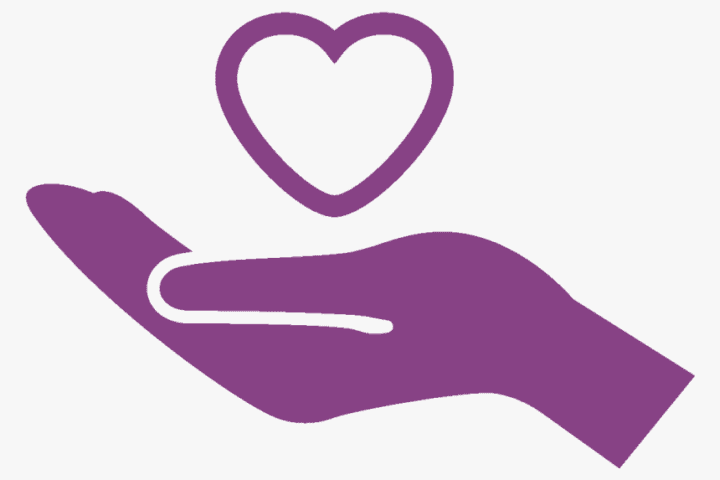




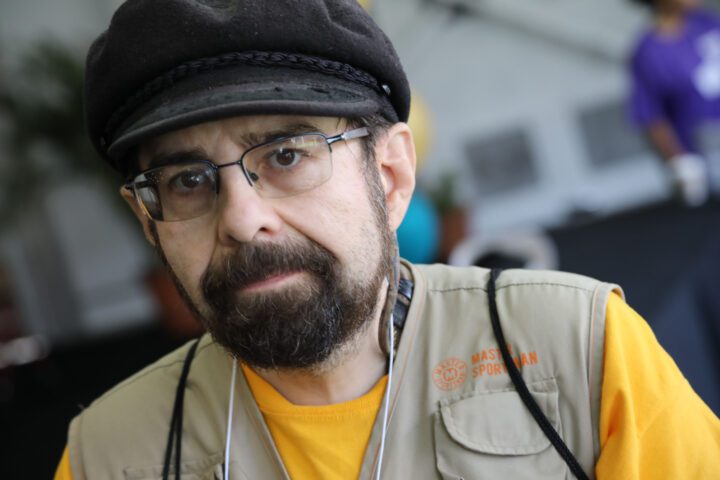


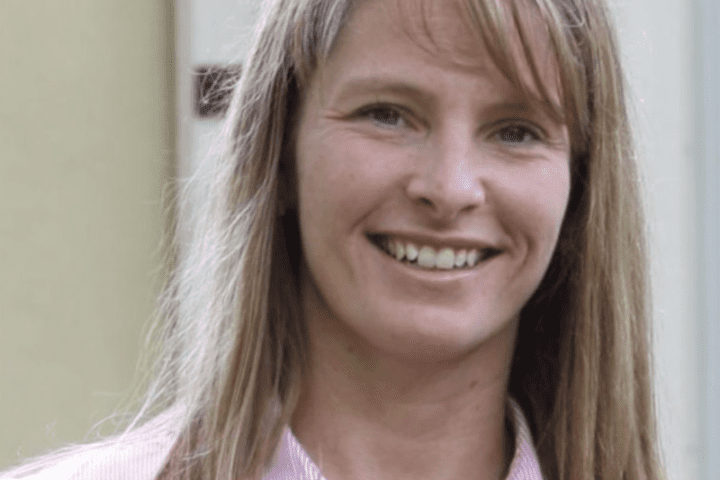
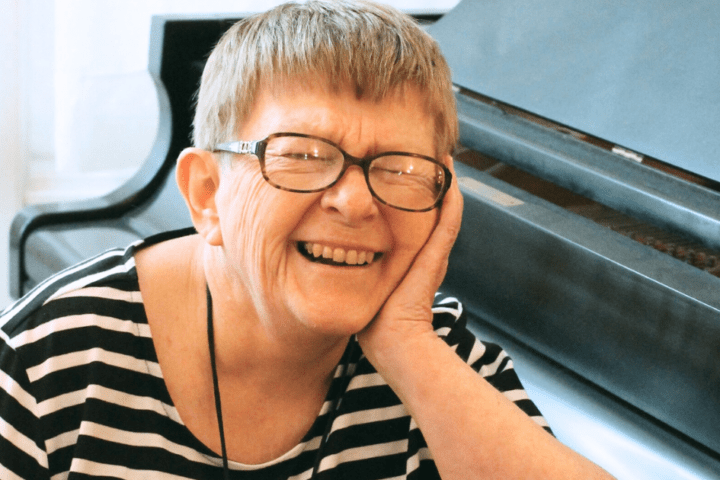
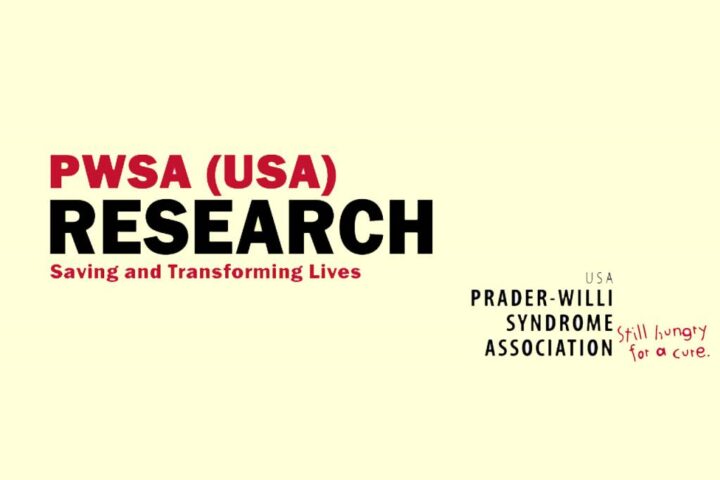
 Perry A. Zirkel has written more than 1,500 publications on various aspects of school law, with an emphasis on legal issues in special education. He writes a regular column for NAESP’s Principal magazine and NASP’s Communiqué newsletter, and he did so previously for Phi Delta Kappan and Teaching Exceptional Children.
Perry A. Zirkel has written more than 1,500 publications on various aspects of school law, with an emphasis on legal issues in special education. He writes a regular column for NAESP’s Principal magazine and NASP’s Communiqué newsletter, and he did so previously for Phi Delta Kappan and Teaching Exceptional Children. Jennifer Bolander has been serving as a Special Education Specialist for PWSA (USA) since October of 2015. She is a graduate of John Carroll University and lives in Ohio with her husband Brad and daughters Kate (17), and Sophia (13) who was born with PWS.
Jennifer Bolander has been serving as a Special Education Specialist for PWSA (USA) since October of 2015. She is a graduate of John Carroll University and lives in Ohio with her husband Brad and daughters Kate (17), and Sophia (13) who was born with PWS. Dr. Amy McTighe is the PWS Program Manager and Inpatient Teacher at the Center for Prader-Willi Syndrome at the Children’s Institute of Pittsburgh. She graduated from Duquesne University receiving her Bachelor’s and Master’s degree in Education with a focus on elementary education, special education, and language arts.
Dr. Amy McTighe is the PWS Program Manager and Inpatient Teacher at the Center for Prader-Willi Syndrome at the Children’s Institute of Pittsburgh. She graduated from Duquesne University receiving her Bachelor’s and Master’s degree in Education with a focus on elementary education, special education, and language arts. Evan has worked with the Prader-Willi Syndrome Association (USA) since 2007 primarily as a Crisis Intervention and Family Support Counselor. Evans works with parents and schools to foster strong collaborative relationships and appropriate educational environments for students with PWS.
Evan has worked with the Prader-Willi Syndrome Association (USA) since 2007 primarily as a Crisis Intervention and Family Support Counselor. Evans works with parents and schools to foster strong collaborative relationships and appropriate educational environments for students with PWS. Staci Zimmerman works for Prader-Willi Syndrome Association of Colorado as an Individualized Education Program (IEP) consultant. Staci collaborates with the PWS multi-disciplinary clinic at the Children’s Hospital in Denver supporting families and school districts around the United States with their child’s Individual Educational Plan.
Staci Zimmerman works for Prader-Willi Syndrome Association of Colorado as an Individualized Education Program (IEP) consultant. Staci collaborates with the PWS multi-disciplinary clinic at the Children’s Hospital in Denver supporting families and school districts around the United States with their child’s Individual Educational Plan. Founded in 2001, SDLC is a non-profit legal services organization dedicated to protecting and advancing the legal rights of people with disabilities throughout the South. It partners with the Southern Poverty Law Center, Protection and Advocacy (P&A) programs, Legal Services Corporations (LSC) and disability organizations on major, systemic disability rights issues involving the Individuals with Disabilities Education Act (IDEA), Americans with Disabilities Act (ADA), and the federal Medicaid Act. Recently in November 2014, Jim retired.
Founded in 2001, SDLC is a non-profit legal services organization dedicated to protecting and advancing the legal rights of people with disabilities throughout the South. It partners with the Southern Poverty Law Center, Protection and Advocacy (P&A) programs, Legal Services Corporations (LSC) and disability organizations on major, systemic disability rights issues involving the Individuals with Disabilities Education Act (IDEA), Americans with Disabilities Act (ADA), and the federal Medicaid Act. Recently in November 2014, Jim retired.